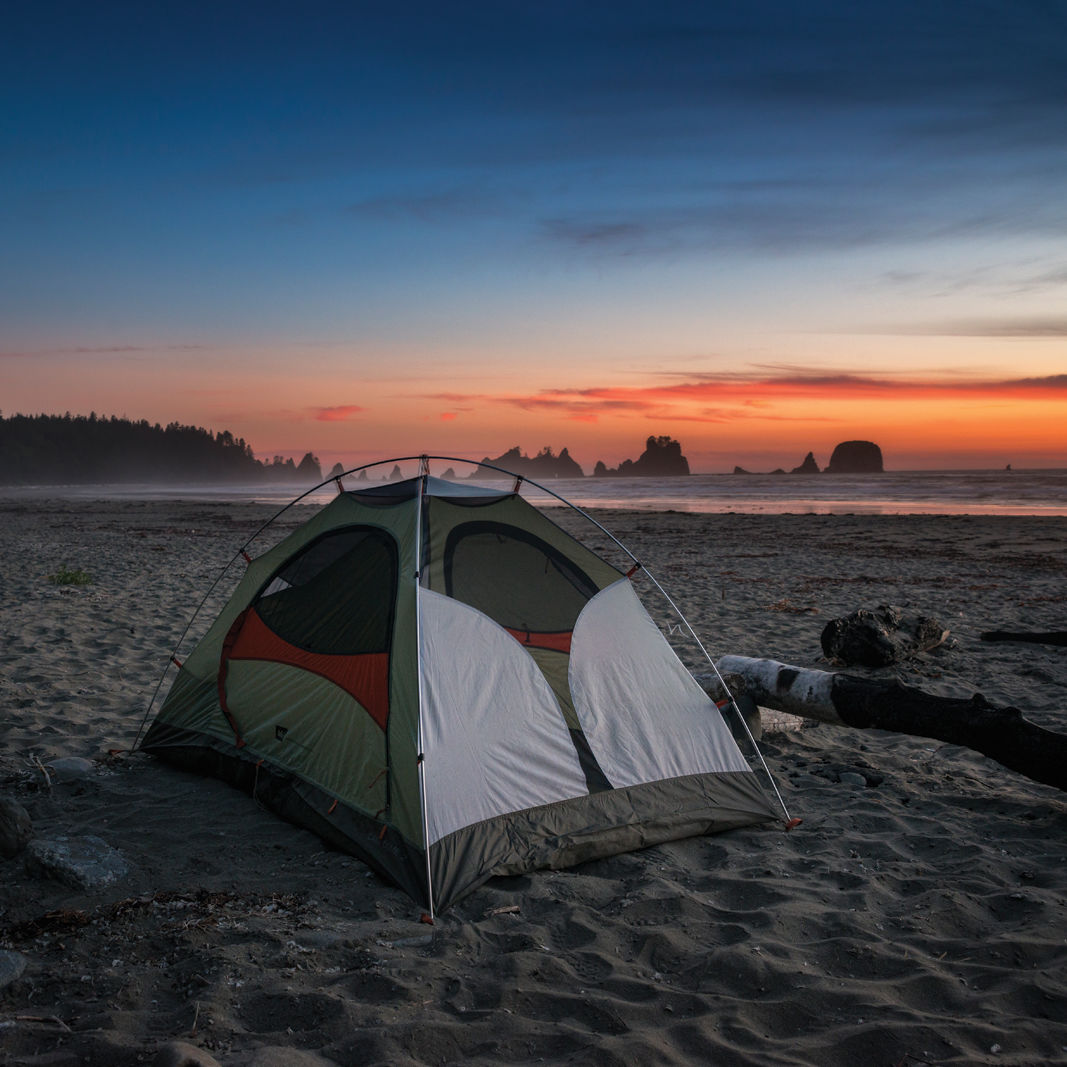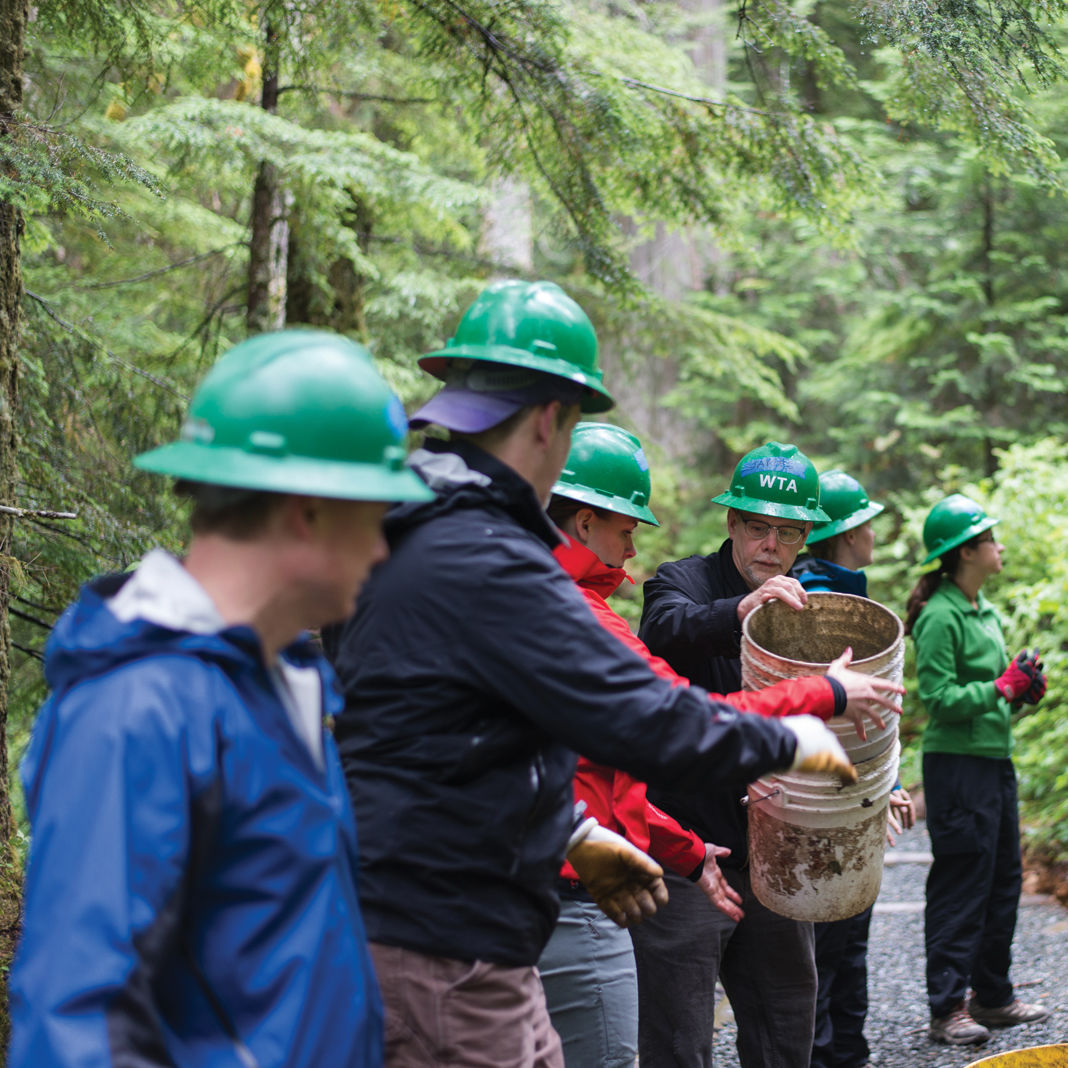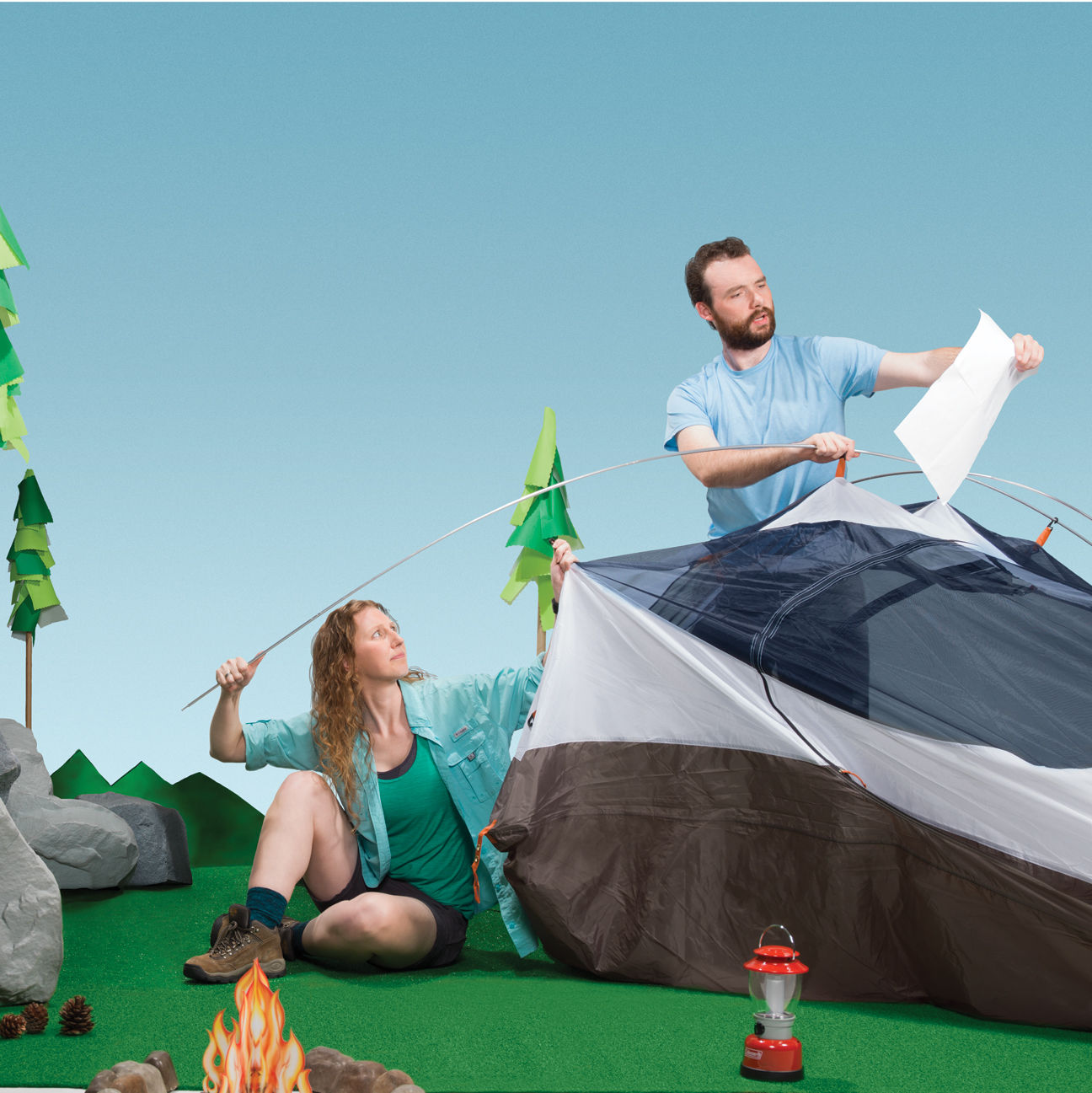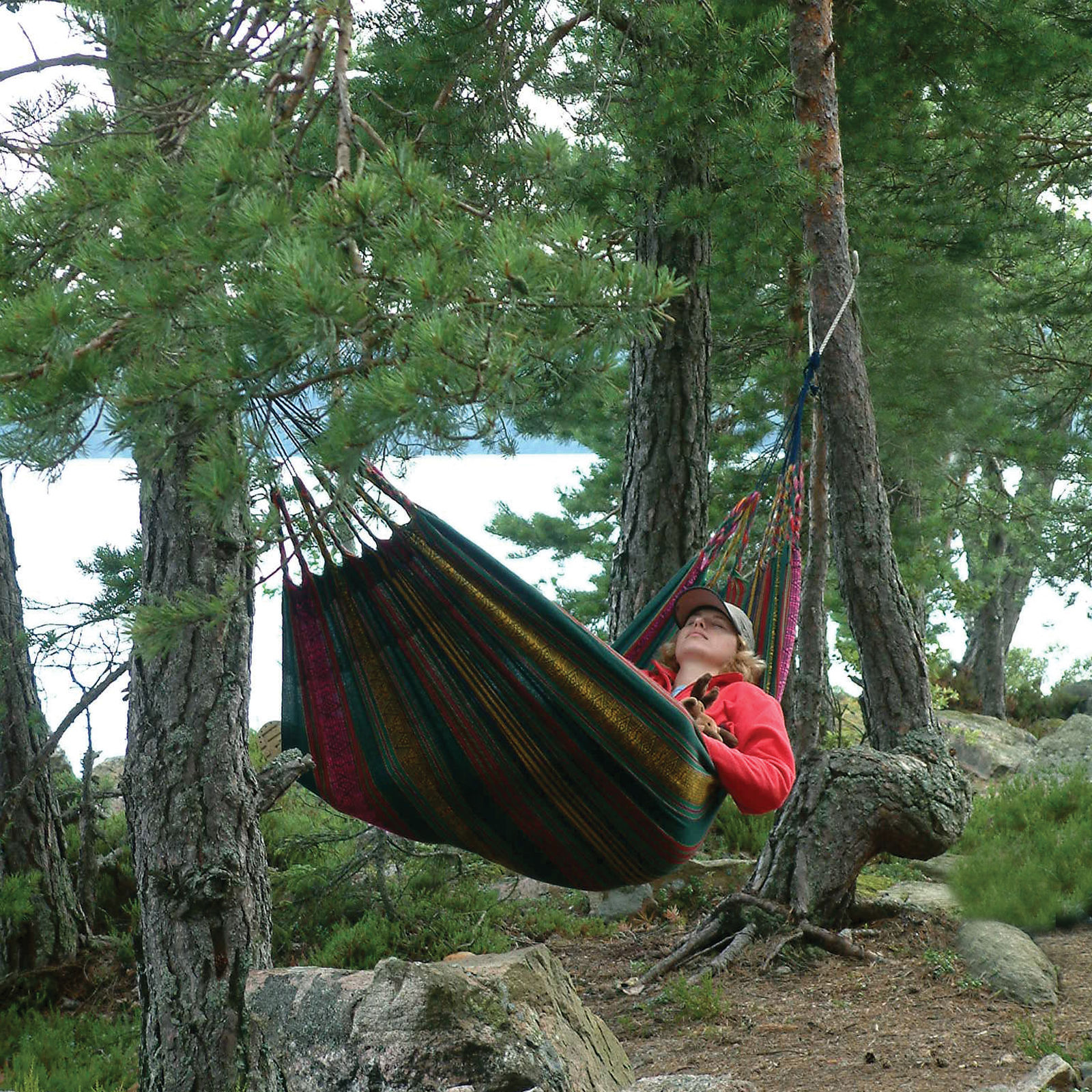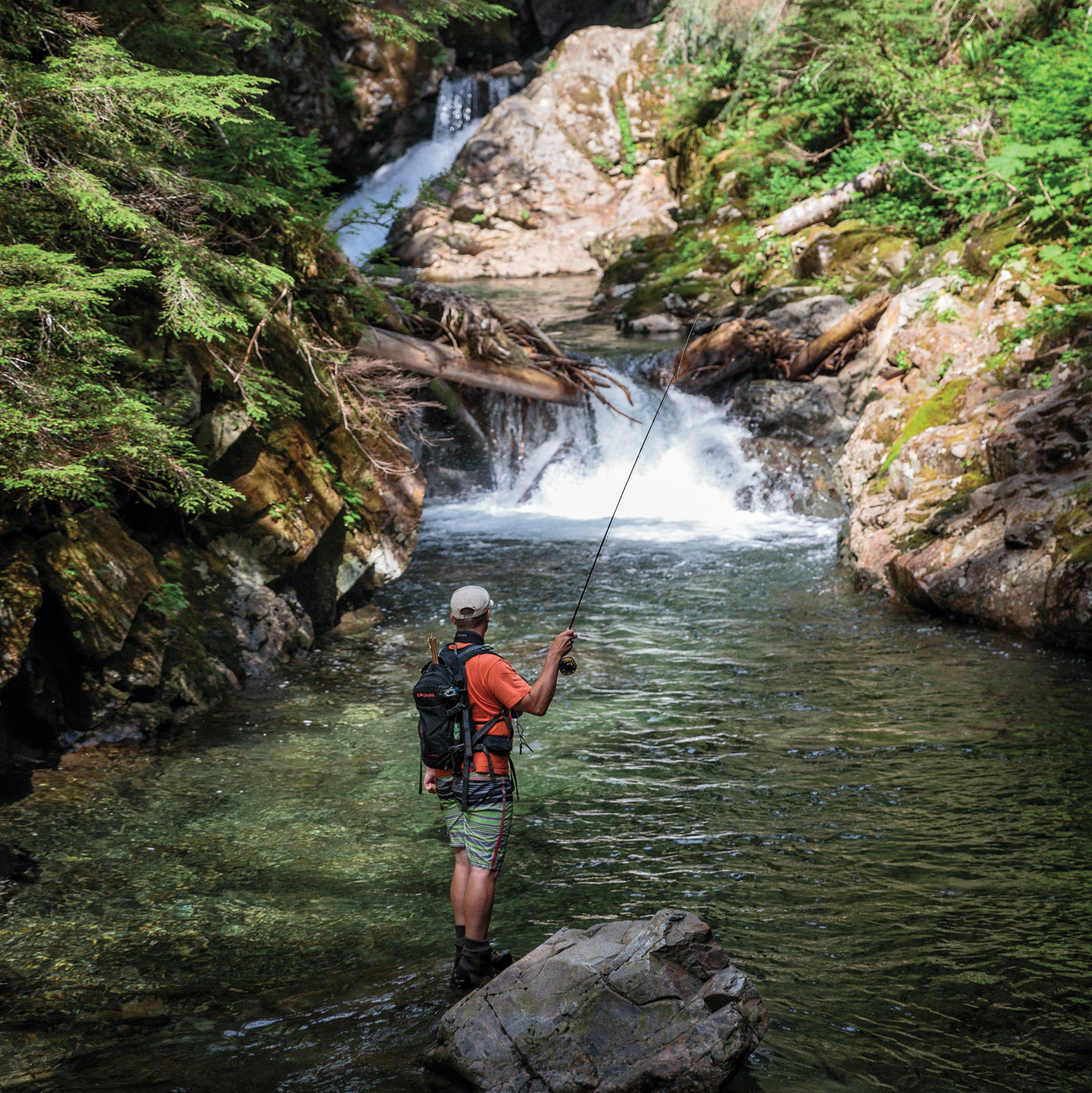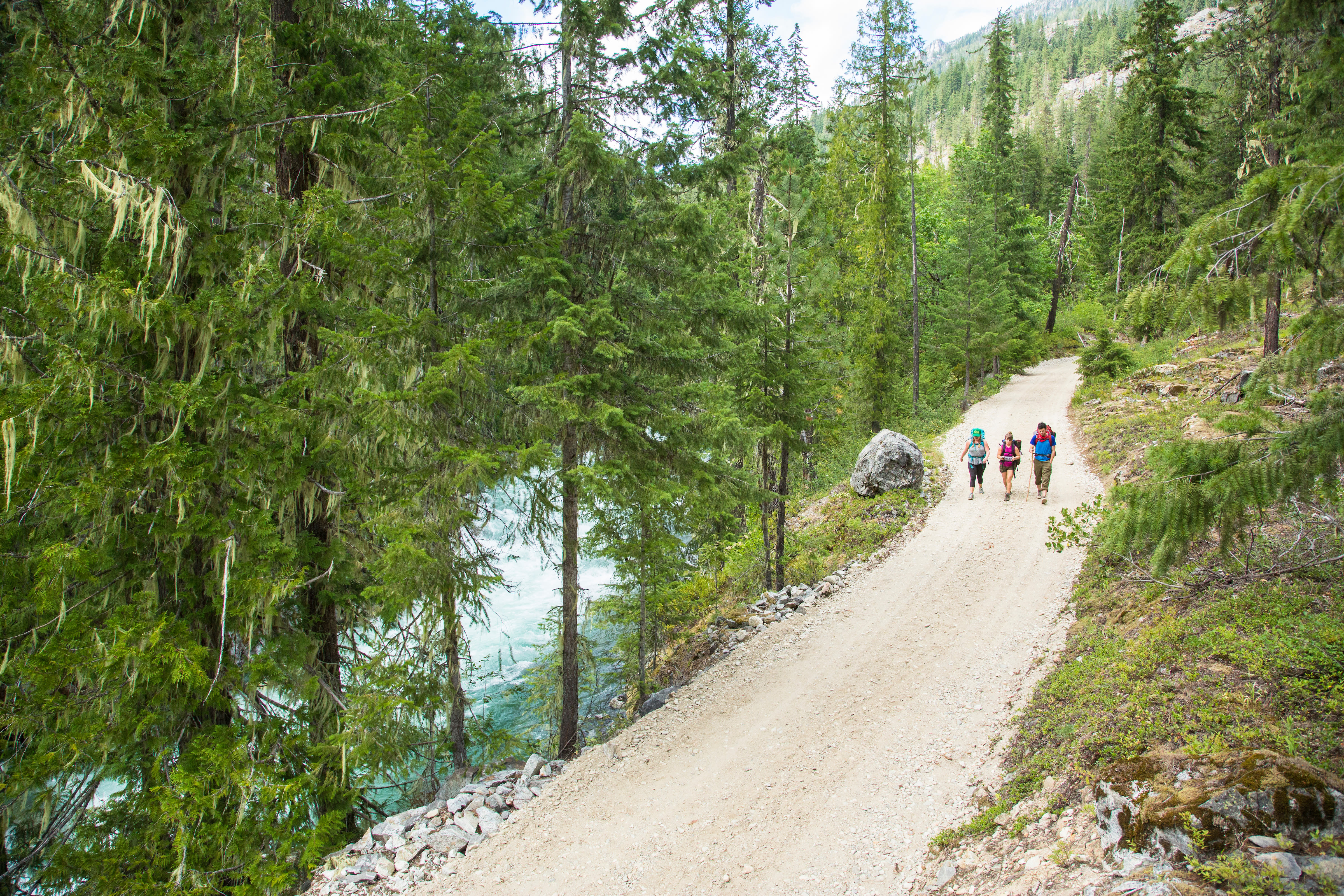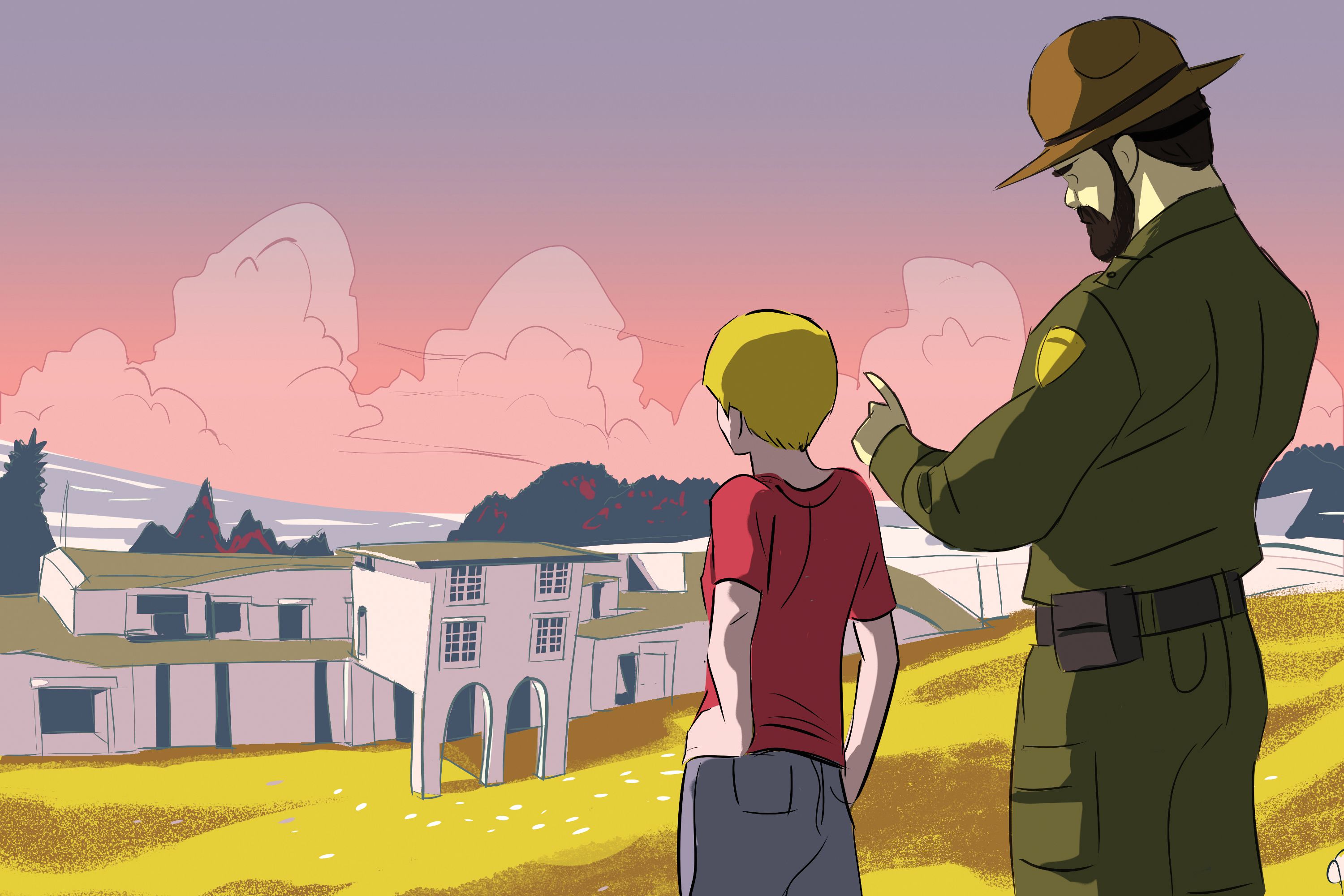What to Do About Bugs
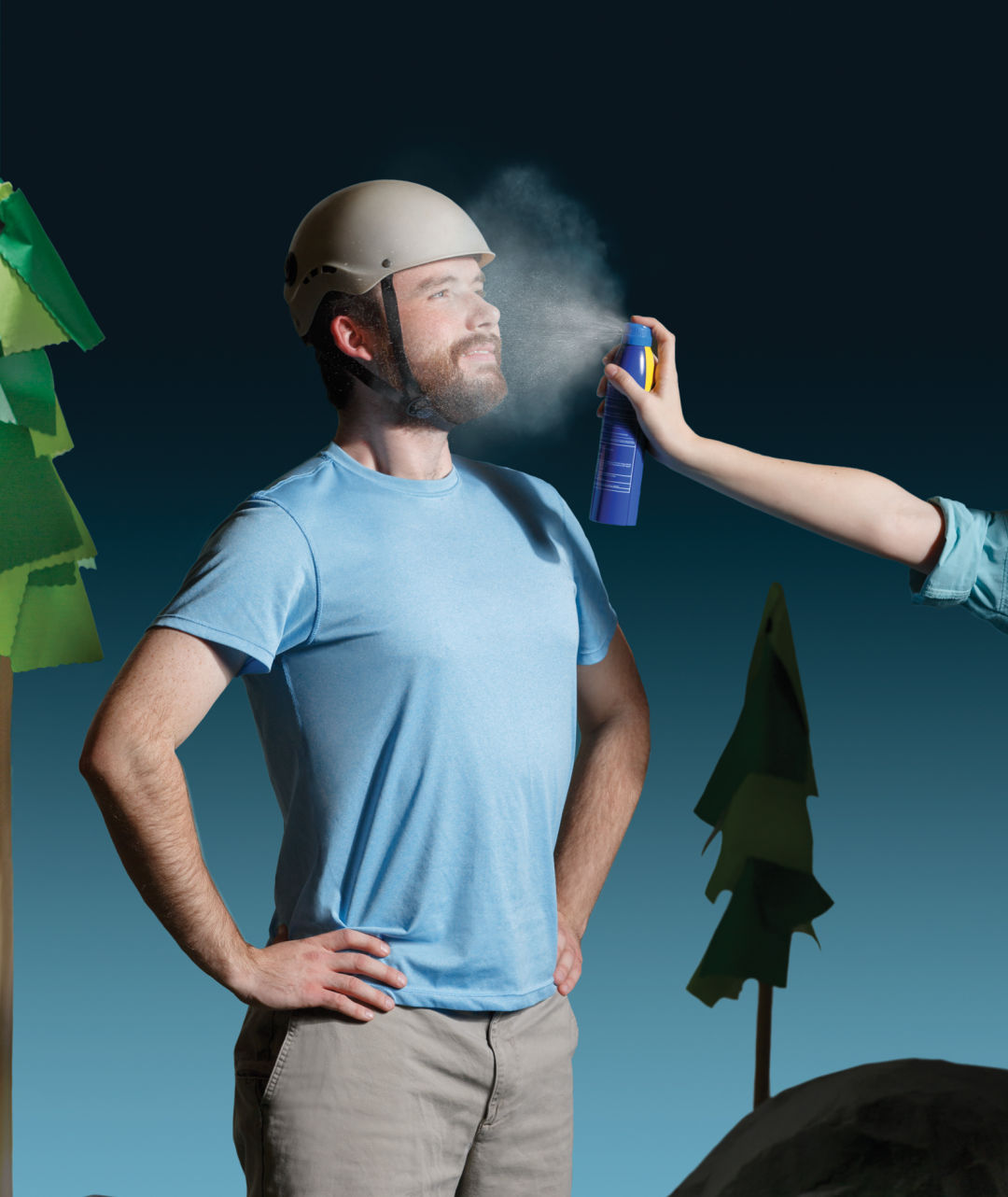
Pro-tip: Don't actually do this.
Image: Michael Clinard
Unlike bears, cliff faces, and protein bars, there isn’t really a pro and con camp on mosquitoes; everyone hates them. But even though there are more than 40 different species of mosquito found in Washington state (don’t faint!), they’re not particularly pernicious in the Pacific Northwest. Figuring out what to do about mosquitoes has probably been a human pastime that predates hunting and gathering. After a few millennia, we’ve figured out a few tricks.
DEET
The toxic-if-swallowed insect repellent gets a bad name, but the Centers for Disease Control note that products should not be harmful if used correctly (and some 78 million Americans do so every year). What’s more, concentrations over 50 percent aren’t any more effective, just longer lasting, so there’s no reason to bathe in a barrel of pure DEET.
Citronella
Seattle-based Big Dipper Wax Works was dreamed up on an Olympic Peninsula hike, and the citronella candles produced there utilize a plant that the Indian Army was using to fight mosquitoes a hundred years ago.
Lemon Eucalyptus
The CDC also recommends oil of lemon eucalyptus to keep mosquitoes at bay, and if it doesn’t work, at least it smells pretty awesome.
Season
Blood-happy mosquitoes are the worst in Washington’s wet spring and hot summer. Camp in late fall to escape the little biters.
Campsite Location
Mosquitoes flock to and breed in standing water. Fortunately, Washington doesn’t boast many boggy, marshy campsites.
Fire
When in doubt, smoke them out. Ancient paintings show people burning greenery to stave off bugs, and it’s a good excuse to break out s’mores.
Distractions
Forget mosquitoes. Focus on spiders! The state department of health has said that in Washington, they’re “usually not aggressive, and bites are rare.” Isn’t that a comfort?
